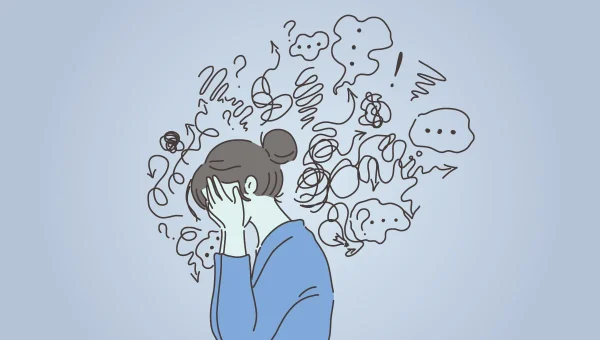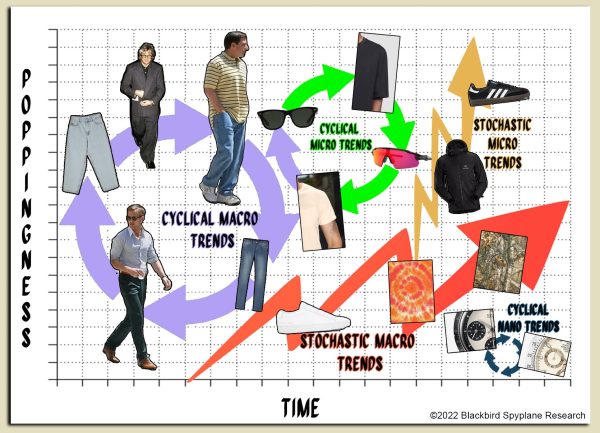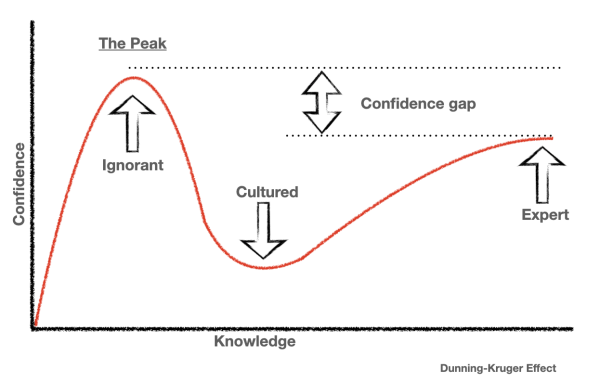Understanding the Psychology of Anonymity
April 28, 2023
Anonymity is an interesting topic in psychology because it can affect the way people behave and interact with each other. When people feel anonymous, like when they’re online or blended in with a large crowd, they tend to be more likely to do things they wouldn’t normally do if they could easily be identified. This is known as “deindividualization” and can lead to people being more aggressive, rude, or dishonest than they would be in face to face interactions. It is essentially a psychological state of decreased self evaluation, when the person overrides their own identity and self awareness, resulting in them to be more susceptible to more impulsive, violent acts.
In a way, anonymity creates a comfort zone for some, a sort of cocoon of security. And although anonymity can provide some people with the freedom to express themselves more openly and honestly, it can also lead to negative behaviors such as cyberbullying, hate speech, and trolling.
In today’s digital age, anonymity has become increasingly prevalent, with many individuals interacting online under anonymous usernames. This shift towards anonymity has resulted in a phenomenon known as the “Online Disinhibition Effect”, where people behave more freely online compared to in-person interactions. A big reason as to why cyberbullying has been at its worst recently.
When people are part of a group where anonymity is present, such as in an online forum or chat room, they may feel more tempted to engage in negative behaviors because they see the anonymity as providing a shield from personal accountability. In group settings, anonymity can also decrease the amount of social norms and increase negative, violent behavior. Social norms are a set of unwritten rules, it is essentially what is considered acceptable behavior in a particular situation. When people feel anonymous, they may be more likely to break these social norms, leading to a breakdown in social order and potentially harmful behavior.
4chan is an online image board forum where users can post anonymously on various topics. The anonymity on 4chan has allowed for a variety of content to be posted, including memes, jokes, and discussions on various topics. However, the lack of accountability and the anonymity, on this online forum has also led to a reputation for being the birthplace of harmful and toxic behavior. One of the main issues with 4chan is that the anonymity allows users to post content, without fear of being identified or held accountable for their actions. This has led to the increased amounts of hate speech, racism, sexism, and other forms of toxic behavior. The lack of accountability and consequences for actions taken on the forum has made it a dangerous place for many users.
“All evil begins with 15 volts” – Philip Zimbardo
An experiment done in the ‘60s suggested that anonymity can lead to a lack of accountability, and that people may be more likely to engage in behaviors that they would not otherwise engage in if they were aware of the full consequences of their actions. The Milgram experiment focused on analyzing human action, especially when people act anonymously. In the Milgram Experiment, an authority figure instructed a participant with the “teacher” role to give electric shocks to another person with the “learner” role in a separate room when they answered a question incorrectly.
The key point here was the anonymity between the teacher and the learner. The experiment showed that when teachers were able to pass on responsibility to others, they were more likely to comply and send shocks to people. People are more likely to follow orders when they are in a state of anonymity, such as when they are given orders by an authority figure while being separated from the person they are affecting. The anonymity of the teacher in link to the learner in the Milgram experiment allowed them to distance themselves from the consequences of their actions and avoid personal responsibility.
So, what is trying to be said is that anonymity can lower people’s self awareness and increase their sense of detachment from their actions, leading to behaviors they might not engage in if they were identified. Anonymity can provide a sense of freedom to express oneself, which can be positive in certain contexts, but it can also lead to negative behaviors like cyberbullying, hate speech, and trolling. It’s not necessarily that people have cruel thoughts deep down, but rather that anonymity can create a sense of disconnection between actions and consequences, leading to a lack of accountability and responsibility. It’s important to note that not everyone who behaves negatively under anonymity is inherently cruel, but rather that the anonymity itself can contribute to the behavior.
Information Links-
https://yaledailynews.com/blog/2011/09/28/milgram-experiment-50-years-on/
https://www.simplypsychology.org/milgram.html
https://www.youtube.com/watch?v=2t48dXd1c3s&list=LL&index=17&t=1262s
https://www.verywellmind.com/the-milgram-obedience-experiment-2795243











